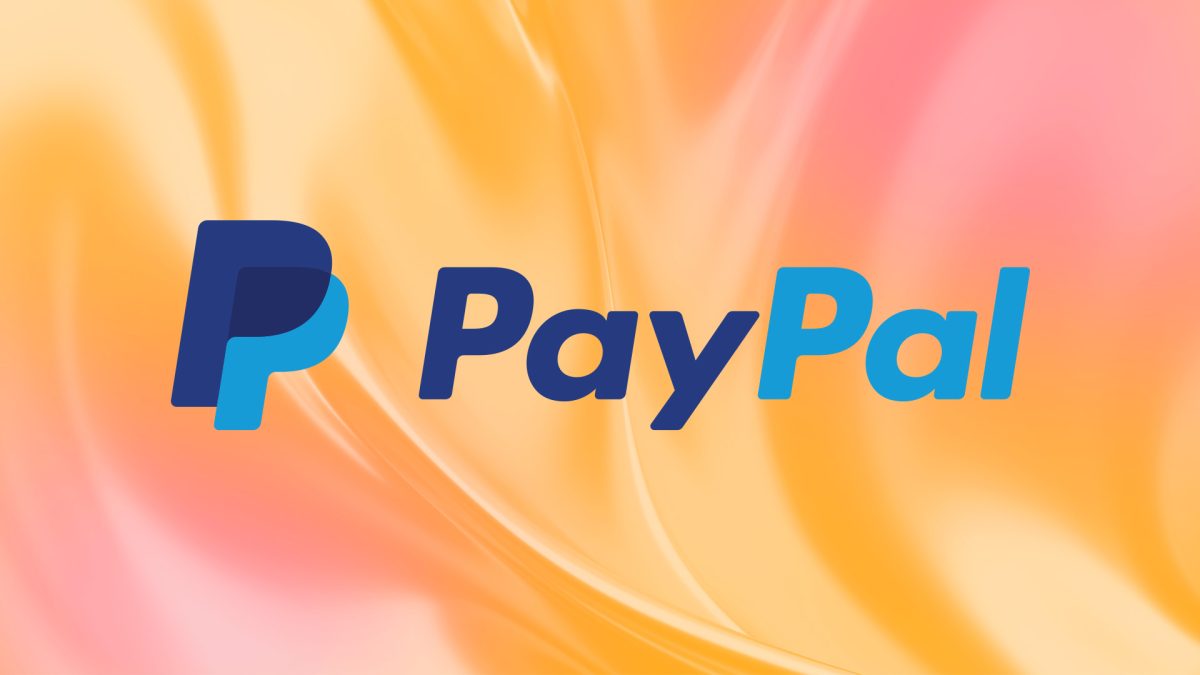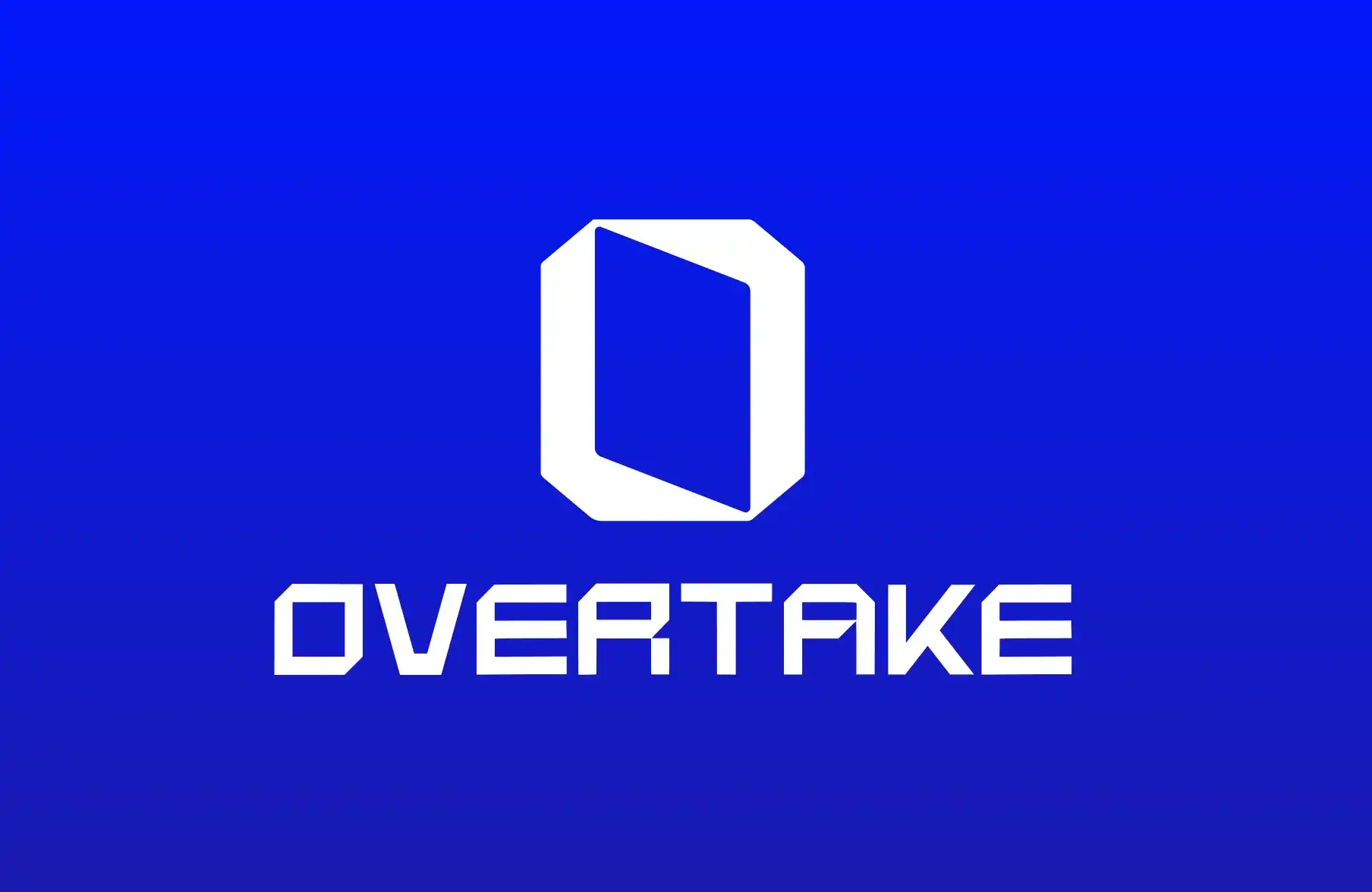PayPal's PYUSD stablecoin expands to Tron, Avalanche, Sei and other blockchains via LayerZero
Quick Take PayPal USD is expanding beyond its native deployments on Ethereum, Solana, Arbitrum, and Stellar, reaching new chains including Tron, Avalanche, and Sei through LayerZero. The LayerZero-enabled version, PYUSD0, remains “fully fungible” with native PYUSD, extending the stablecoin to additional blockchains.

PayPal’s stablecoin, PayPal USD (PYUSD), is expanding to several new blockchains including Tron, Avalanche and Sei through an integration with LayerZero’s Stargate Hydra bridge.
PYUSD, issued by Paxos Trust Company, was originally launched natively on Ethereum and later deployed to Solana and Arbitrum — with Stellar added today. With the new expansion, a permissionless version of the token known as "PYUSD0" is being introduced to seven additional chains — Abstract, Aptos, Avalanche, Ink, Sei, Stable, and Tron, LayerZero said Thursday. PYUSD's existing bridged versions on Berachain (BYUSD) and Flow (USDF) will also upgrade to PYUSD0.
According to LayerZero, PYUSD0 remains “fully fungible” and interoperable with native PYUSD. That means whether users hold PYUSD on its native networks or PYUSD0 on LayerZero-supported chains, it is the same stablecoin, redeemable 1:1 for U.S. dollars.
The rollout builds on an earlier integration announced last November, when PYUSD adopted LayerZero’s omnichain fungible token (OFT) standard to enable transfers between Ethereum and Solana. At the time, LayerZero said the integration eliminated liquidity fragmentation and allowed self-custodial users to move PYUSD seamlessly between chains without relying on centralized platforms like Venmo or PayPal.
PayPal first launched PYUSD in 2023. Its current circulating supply stands at 1.9 billion, according to The Block’s PYUSD price page — still tiny compared to rival stablecoins such as Tether’s USDT and Circle’s USDC. There is also an "omnichain" version of Tether's USDT, called USDT0, built using LayerZero’s technology .
“By working together [with LayerZero], we will enable PYUSD to reach new markets faster while maintaining compliance and composability from day one,” David Weber, head of ecosystem for PayPal USD, said in a statement.
Earlier this week, PayPal also introduced PayPal Links, a peer-to-peer payments feature that lets users send and receive money via personalized links. Crypto integration is expected soon, with support for bitcoin, ether, PYUSD, and other assets across PayPal, Venmo, and compatible wallets worldwide, PayPal said at the time.
Disclaimer: The content of this article solely reflects the author's opinion and does not represent the platform in any capacity. This article is not intended to serve as a reference for making investment decisions.
You may also like
Overtake partners with World to bring Proof-of-Human to the OVERTAKE trading marketplace
When identity verification is combined with custodial payments, transaction reliability is significantly enhanced, with the potential to drive large-scale user adoption and long-term market expansion.

Research Report | Detailed Analysis and Market Capitalization of Plasma (XPL) Project

From Federated Learning to Decentralized Agent Networks: ChainOpera Project Analysis
This report explores ChainOpera AI, an ecosystem aimed at building a decentralized AI Agent network. The project originated from the open-source foundation of federated learning (FedML), was upgraded to a full-stack AI infrastructure through TensorOpera, and eventually evolved into ChainOpera, a Web3-based Agent network.

ETH worth $11.3 billions is being unstaked—how does "V God" view this trend?
The reliability of Ethereum depends on ensuring that validators cannot instantly abandon their duties.

